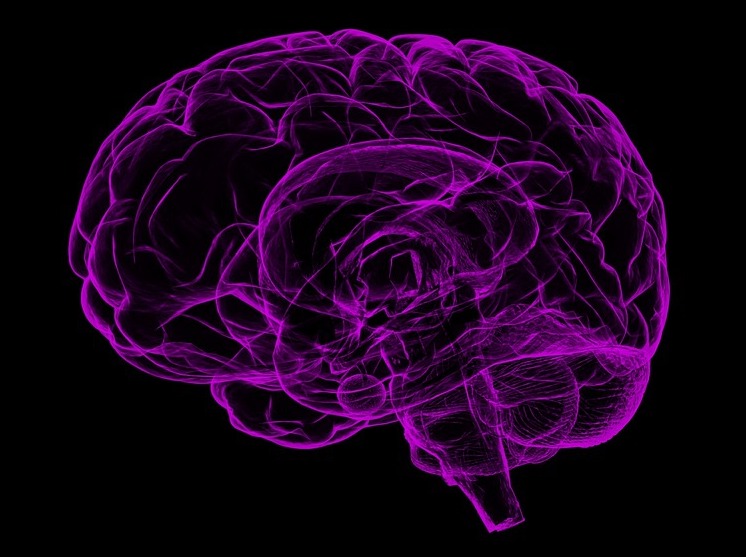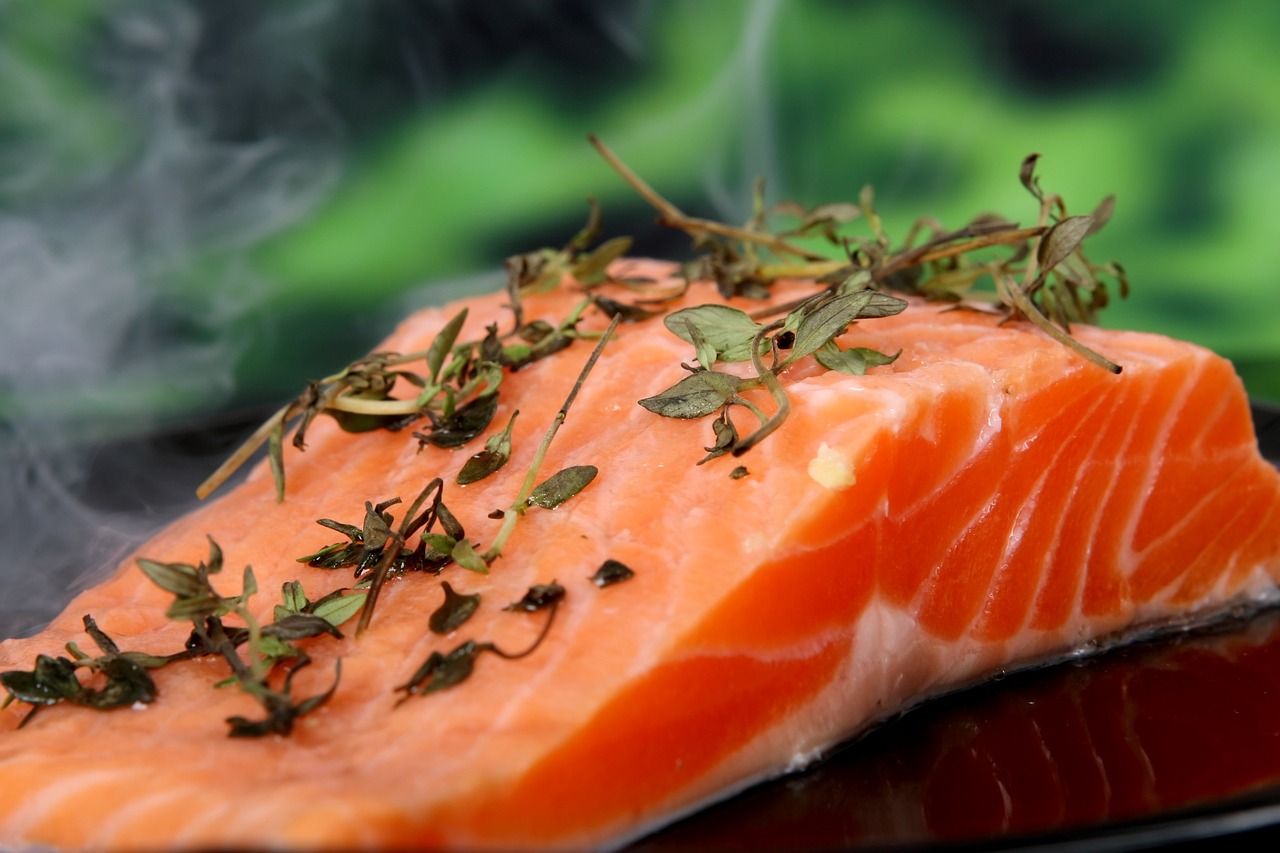Good fats are important to protect your brain function now and as you age. Research reveals the potential of quality fats to decrease the risks of Alzheimer’s disease.
With aging comes gradual changes in thinking and memory that lead to many people feeling frustrated with their concentration, creativity and overall mental performance.
Low-fat diets, which have been so popular in the past, and to some degree still are, may be contributing to memory and focus problems. Good fats such as omega-3 fatty acids are necessary to facilitate our brain chemicals, and the brain needs a combination of nutrients to nourish it and help these brain chemicals do their job.
Good Fats and Brain Function
Diets that restrict the intake of essential proteins and fats can have a significant impact on brain function. What many people do not realize is that adequate protein intake with good fats is necessary for proper brain health.
In the field of anti-aging medicine, good fats and especially fish oils are increasingly being investigated as therapeutic agents with the potential to limit the decline in brain function that accompanies aging.
8 High-Fat Foods that are Healthy and Nutritious
Many healthy foods that are also high-fat are now considered to be part of the “superfood” scene. Boost your brain and body health with these delicious ‘good-fat’ foods, including fatty fish that are high in omega-3 fats.
- Avocados
- Dark Chocolate
- Whole Eggs
- Nuts
- Chia Seeds
- Extra Virgin Olive Oil
- Coconuts and Coconut Oil
- Fatty Fish
The following fatty fish are high in omega-3 but also low in mercury:
- Salmon (wild)
- Mackerel (Atlantic)
- Sardines
- Herring
- Trout
- Kippers
- Anchovies
High Fish Oil Consumption = Lower Risk of Alzheimer’s Disease
Studies show that omega-3 deficiency causes structural and functional changes in the brain, as well as problems with learning, memory, depression and aggressive behavior.
Studies have revealed a consistent association between higher fish consumption and a decreased risk for Alzheimer’s Disease (AD), the most common form of dementia.
Decreases in brain DHA levels are linked to aging and cognitive decline in both healthy elderly individuals and patients with Alzheimer’s disease.
DHA supplementation in healthy elderly individuals has been shown to improve learning and memory function in age-related cognitive decline.
[twitter text=”Eat More Fish… Studies reveal a consistent association between higher fish consumption and a decreased risk for Alzheimer’s Disease”]
Results of Omega-3 Supplementation
Omega-3 supplementation in Alzheimer’s Disease patients has so far produced mixed results. However, this may be due to a relatively short treatment duration in clinical trials. Studies using long-term omega-3 supplementation in Alzheimer’s disease have shown positive results with improved cognitive function and reduced loss of brain function.³

Ensure the Purest High-Quality Fish Oil
If your diet does not include enough good fats or sources of omega-3 fatty acids, you may want to consider a high-quality supplement. Fish oil quality can vary dramatically, and it is of utmost importance that the purest and highest quality fish oil is recommended to ensure the lowest level of contaminants including PCBs, dioxins and heavy metals, as well as oxidation residues.
Ask your healthcare practitioner to recommend a high quality, practitioner only omega-3 supplement that meets the strict international standards of the Global Organisation for EPA and DHA Omega-3s (GOED).
Therapeutic Benefits of Herbs Combine well with Good Fats
Many herbal extracts enhance learning and memory and assist brain function:
- Ginkgo Biloba
The leaf of the ancient ginkgo tree is one of the most widely recommended and consumed herbal medicines worldwide where it is used for conditions including memory loss, headaches, tinnitus, vertigo, dizziness and impaired concentration.
Ginkgo is an antioxidant and improves circulation through the veins, arteries, and capillaries, including in the brain, which may be why it is so beneficial for memory and concentration. Studies show gingko also improves mood and emotions. - Korean ginseng
The herb Korean ginseng has been used for over 5000 years. Nine studies show ginseng improves memory and age-related loss of brain function.10,11 - Bacopa Monnier (Brahmi)
The Ayurvedic herb Brahmi is known for enhancing brain health. Studies show Brahmi is quite impressive and improves verbal attention, memory acquisition, retention, and recall, intellect and speed of information processing.12,13 Ask your healthcare practitioner about recommended a standardized extract of Brahmi called BacoMind® which has been clinically trialed. - Alpha-lipoic acid
As a complement to good fats and researched herbs for healthy brain function, you may also want to consider the antioxidant alpha-lipoic acid to provide support for brain, energy, and circulation.
We recommend you speak to a functional medicine practitioner for more information about supplementation and to customize your specific needs
Know Your Memory Functions…
What are the differences between long-term, short-term and working memory? Here are the inner workings of your memory functions.
 Working memory: attention control of short-term memory for temporary storage and processing of information
Working memory: attention control of short-term memory for temporary storage and processing of information- Spatial working memory: responsible for recording information about one’s environment and its spatial orientation
- Executive functioning: the management of cognitive processes, including working memory, reasoning, task flexibility, problem-solving, planning, and execution
- Secondary memory: stores information for more extended periods of time; whereas primary memory temporarily stores information
References
- Kuratko CN, Barrett EC, Nelson EB, et al. The relationship of docosahexaenoic acid (DHA) with learning and behavior in healthy children: a review. Nutrients 2013;5(7):2777-2810.
- Shinto L, Quinn J, Montine T, et al. A randomized placebo-controlled pilot trial of omega-3 fatty acids and alpha lipoic acid in Alzheimer’s disease. J Alzheimers Dis 2014;38(1):111-120.
- Yurko-Mauro K. Cognitive and cardiovascular bene ts of docosahexaenoic acid in aging and cognitive decline. Curr Alzheimer Res 2010;7(3):190-196.
- Uauy R, Dangour Alzheimer’s disease. Nutrition in brain development and aging: role of essential fatty acids. Nutr Rev 2006;64(5 Pt 2):S24-33; discussion S72-91.
- Yurko-Mauro K, McCarthy D, Rom D, et al. Beneficial effects of docosahexaenoic acid on cognition in age-related cognitive decline. Alzheimers Dement 2010;6(6):456-464.
- Ginkgo. Natural Medicine Comprehensive Database 2014. Viewed 20 Nov 2014 www.naturaldatabase.com
- Braun L, Cohen M. Herbs and natural supplements: an evidence-based guide, 3rd ed. Sydney: Churchill Livingstone Elsevier, 2010.
- Birks J, Grimley EV, Van Dongen M. Ginkgo biloba for cognitive impairment and dementia. Cochrane Database Syst Rev 2002;(4):CD003120.
- Kennedy DO, Scholey AB, Wesnes KA. Differential, dose-dependent changes in cognitive performance following acute administration of a Ginkgo biloba/Panax ginseng combination to healthy young volunteers. Nutr Neurosci 2001;4(5):399-412.
- Yang L, Zhang J, Zheng K, et al. Long-term ginsenoside Rg1 supplementation improves age-related cognitive decline by promoting synaptic plasticity associated protein expression in C57BL/6J mice. J Gerontol A Biol Sci Med Sci 2014;69(3):282-294.
- Zhao H1, Li Q, Pei X, et al. Long-term ginsenoside administration prevents memory impairment in aged C57BL/6J mice by up-regulating the synaptic plasticity-related proteins in hippocampus. Behav Brain Res 2009;201(2):311-317.
- Neale C, Cam eld D, Reay J, et al. Cognitive effects of two nutraceuticals ginseng and bacopa benchmarked against moda nil: a review and comparison of effects and sizes. Br J Clin Pharmacol 2013;75(3):728-737.
13. Morgan A, Stevens J. Does Bacopa monnieri improve memory performance in older persons? Results of a randomized, placebo-controlled, double-blind trial. J Altern Complement Med 2010;16(7):753-759.




